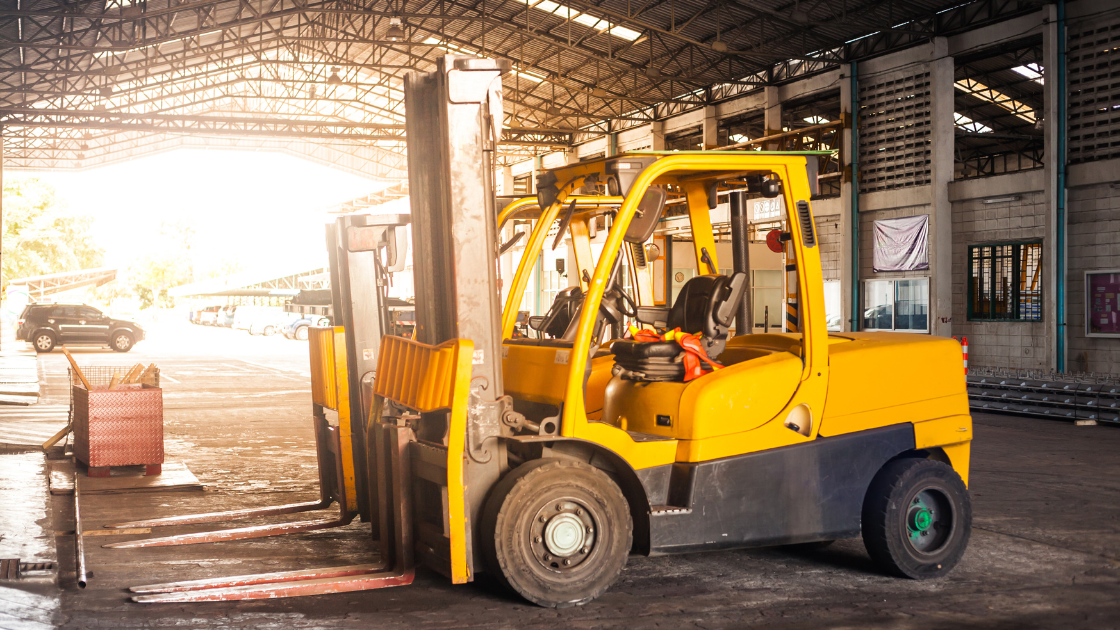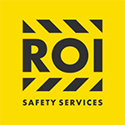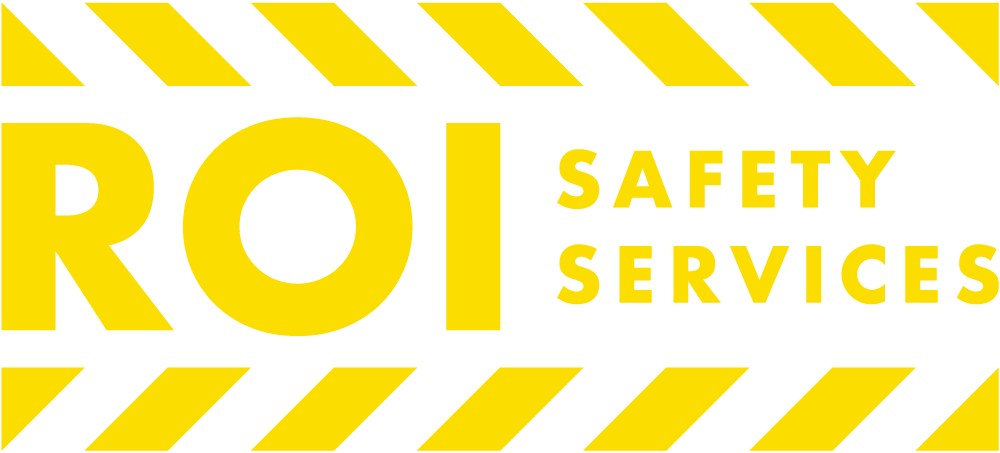
Workplace safety is paramount in any industry, and when it comes to industries involving heavy machinery like forklifts, the stakes are even higher. Forklifts are indispensable tools in warehouses, construction sites, and manufacturing plants, but they also pose significant risks if operated improperly. This is where forklift certification plays a pivotal role, ensuring both employer and employee adhere to safety protocols and regulations.
Forklifts are powerful machines designed to lift and transport heavy loads, but they can also cause accidents if mishandled. According to the Occupational Safety and Health Administration (OSHA), forklift-related incidents result in around 85 fatal injuries and 34,900 serious injuries annually in the United States alone. These accidents not only lead to loss of lives and injuries but also incur substantial financial costs and legal liabilities for businesses.
Legal Requirements and Compliance:
To mitigate the risks associated with forklift operation, regulatory bodies such as OSHA mandate that all forklift operators be properly trained and certified. OSHA’s Powered Industrial Truck standard (29 CFR 1910.178) stipulates that employers must ensure that forklift operators are competent to operate the equipment safely through training, evaluation, and certification. Failure to comply with these regulations can result in hefty fines and legal consequences for businesses.
The Benefits of Forklift Certification:
Investing in forklift certification offers a multitude of benefits for both employers and employees:
- 1. Enhanced Safety: Certified forklift operators are equipped with the knowledge and skills to operate the equipment safely, reducing the risk of accidents and injuries in the workplace.
- 2. Reduced Operational Costs: By preventing accidents and damage to goods and property, forklift certification helps businesses save on repair and replacement costs, insurance premiums, and potential legal fees.
- 3. Improved Efficiency: Properly trained operators are more proficient in handling forklifts, leading to increased productivity and smoother operations within the facility.
- 4. Legal Compliance: Certification ensures that businesses comply with OSHA regulations, thereby avoiding penalties and maintaining a safe working environment for employees.
The Role of ROI Safety Services:
With years of experience and expertise in industrial safety training, we at ROI Safety Services offer comprehensive forklift certification programs tailored to meet the specific needs of businesses.
Their training programs cover essential topics such as forklift operation, safety procedures, hazard recognition, and emergency protocols. Through a combination of classroom instruction, practical demonstrations, and hands-on training, ROI Safety Services prepares operators to handle forklifts safely and confidently in various work environments.
Moreover, we go beyond basic certification by providing ongoing support and resources to help businesses maintain compliance with changing regulations and industry best practices. Our commitment to excellence and customer satisfaction makes us the preferred choice for businesses seeking reliable and effective safety training solutions.
Ensuring workplace safety is not just a legal requirement but a moral obligation. Forklift certification plays a vital role in mitigating the risks associated with forklift operation, protecting both employees and businesses from harm and liabilities. By investing in proper training and partnering with trusted providers like ROI Safety Services, businesses can uphold the highest standards of safety, efficiency, and compliance in their operations. Together, let us prioritize safety and build a safer, more secure workplace for all.
Sources:
- Occupational Safety and Health Administration (OSHA)
- National Institute for Occupational Safety and Health (NIOSH)
- Bureau of Labor Statistics (BLS)

